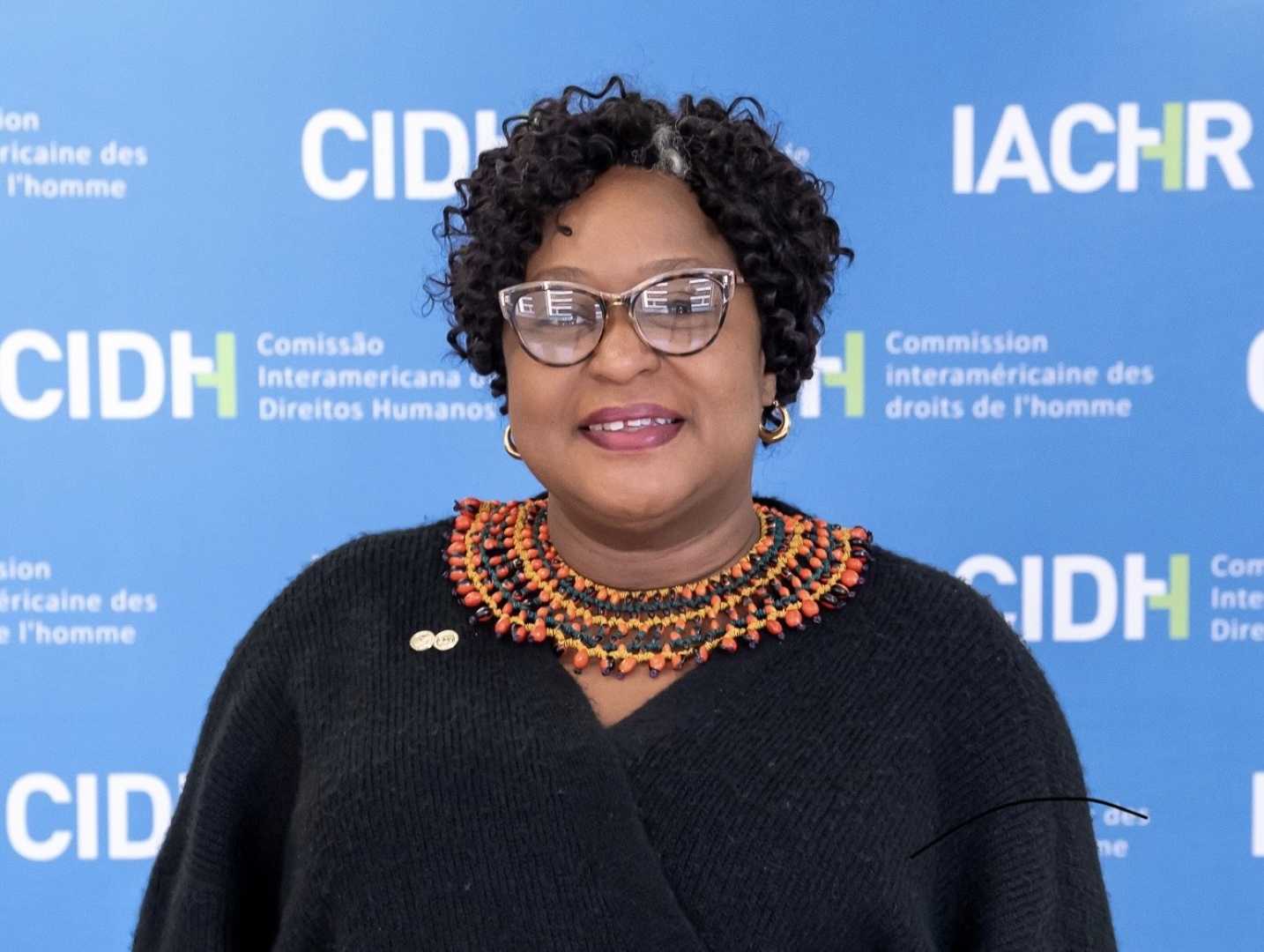World
UN Calls on Suriname to Address Racial Discrimination Against African Descent

PARAMARIBO, Suriname — In a compelling report following a 10-day mission, the United Nations Working Group of Experts on People of African Descent has urged the Surinamese government to address systemic racial discrimination facing people of African descent.
The findings, released on Wednesday, emphasize the urgent need for Suriname to confront the deep-seated legacies of enslavement and colonialism that marginalize the Maroon, Creole, and Afro-Surinamese communities. The report highlights that these groups often feel excluded from national society.
Despite being the largest demographic group in the country, people of African descent face significant challenges. The report states, “Structural racial discrimination has left most people of African descent with a feeling of not fully belonging to the Surinamese society.” It details how this marginalization has contributed to lower socio-economic indicators, including education, employment, and health care.
During their visit, the experts gathered testimonies from various stakeholders, including women, youth, and human rights defenders. One Maroon woman expressed, “We are proud to be Maroons. We, Black people, can work hard and contribute to the wealth of this country. But we receive no State support.”
The report highlights critical issues such as inadequate educational opportunities, limited health care access, and a lack of employment. Local leaders reported feelings of abandonment from the government, citing promises that have not materialized into substantial changes.
According to the experts, the government has made some progress, including legal reforms and the establishment of bodies to adjudicate the concerns of marginalized communities. However, the Working Group insists that these efforts must be coupled with tangible results in order to foster a more inclusive and equitable society.
“Suriname should acknowledge and address the current situation of people of African descent in an open and inclusive manner in order to build a society without discrimination,” the experts stated.
A key challenge identified is the absence of disaggregated racial data, which hinders a comprehensive understanding of the disparities faced by these groups. The experts called for the collection and publication of such data to inform policy reforms.
The Working Group concluded their recommendations by urging the Surinamese government to fulfill its international commitments and actively participate in the Second International Decade for People of African Descent (2025-2034). They will present a comprehensive report to the United Nations Human Rights Council in September 2025, outlining actionable steps for Suriname.
“This is a moment of truth for Suriname,” the delegation said. “The country must seize this opportunity to break free from its colonial past and lay the foundation for an inclusive, just, and equal society for all its people—especially those who have been historically left behind.”












